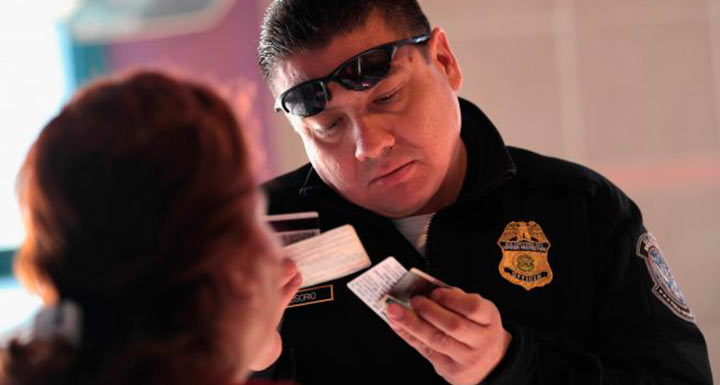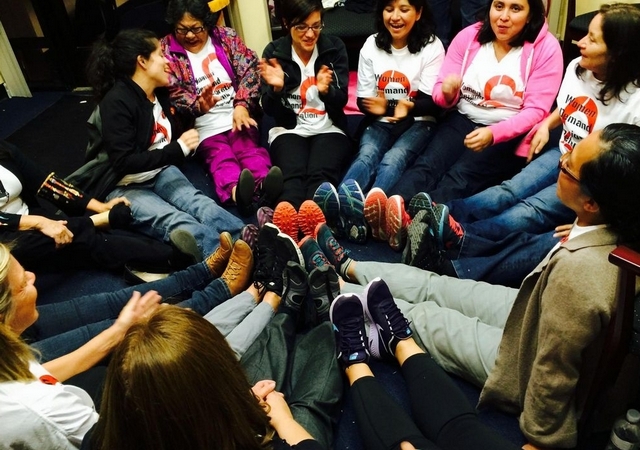
Good news for undocumented women in U.S.
Undocumented women who have been abused in their homeland received some very good news from the Board of Immigration Appeals on Aug. 26.
For the first time, the law will recognize that, under certain circumstances, they may qualify for asylum in the United States.
The board’s decision establishes the legal precedent that married women who suffer domestic abuse — and are unable to leave the relationship — form a social group with particular characteristics under the asylum law.
The case that sets a precedent deals with a Guatemalan mother, Aminta Cifuentes, and her three minor children. They arrived in the United States illegally in 2005. Cifuentes asked for asylum and testified that she was married at the age of 17. The evidence showed that her husband beat her every week. One time he broke her nose, burned her breasts and even raped her.
Although she called the police to complain about domestic abuse, the police refused to intervene in a matrimonial affair. She sought refuge in her father’s home but her husband threatened her: if she didn’t return home, he would kill her. The abuse continued until she managed to leave Guatemala in December 2005. She testified that she is afraid to return to Guatemala.
 The Immigration Service opposed the bid for asylum that she submitted and the judge denied it, saying that Mrs. Cifuentes did not suffered persecution in Guatemala, that she was simply the victim of a crime for which her husband was responsible.
The Immigration Service opposed the bid for asylum that she submitted and the judge denied it, saying that Mrs. Cifuentes did not suffered persecution in Guatemala, that she was simply the victim of a crime for which her husband was responsible.
The Guatemalan woman appealed and the appeals court asked the Immigration Service to broaden its position with respect to her case. The prosecutors softened their previous opposition to asylum and conceded that she had been the victim of persecution because she was part of a persecuted social group, “Married women in Guatemala who are unable to leave their relationship.”
The board accepted the Immigration Service’s concession and ruled that the applicant is a member of a social group that is persecuted in Guatemala.
The acknowledgment that Cifuentes is part of a persecuted social group is transcendental. The asylum law requires the applicant to demonstrate that she has “a reasonable fear of persecution” and that such fear is based on one of five specific factors: “race, nationality, religion, political opinion or membership in a persecuted social group.”
The victims of domestic abuse are not persecuted for their race, nationality, religion or political opinion. We lawyers have always argued that the crime of persecution exists because they belong to a persecuted social group. Until now, neither the prosecutors nor the courts have wanted to accept that argument. Thanks to this decision, the judges have no choice but to accept that basis for asylum.
To a great degree, the board’s decision was due to the fact that the Obama administration changed its mind and conceded the point. We have seen a lot more flexibility from the prosecutors now than when George W. Bush was president.
Cifuentes still has not been granted asylum, however. The appeals court returned the case to the original judge so Cifuentes and her attorneys may submit evidence that the Guatemalan government cannot protect her from her husband’s abuse. That’s something that she will probably demonstrate, because the Guatemalan police is not noted for its ability to protect the population.
Although this case establishes a precedent that’s strictly limited to the Guatemalan women abused by their husbands, it is an important tool to enable women abused in other countries to gain asylum here.
Only 9,933 people gained asylum in the courts last year. Thanks to this decision by the appeals court, many woman can now qualify and avoid being sent back to their abusive husbands.
*José Pertierra is an attorney. His law firm is in Washington, D.C.

